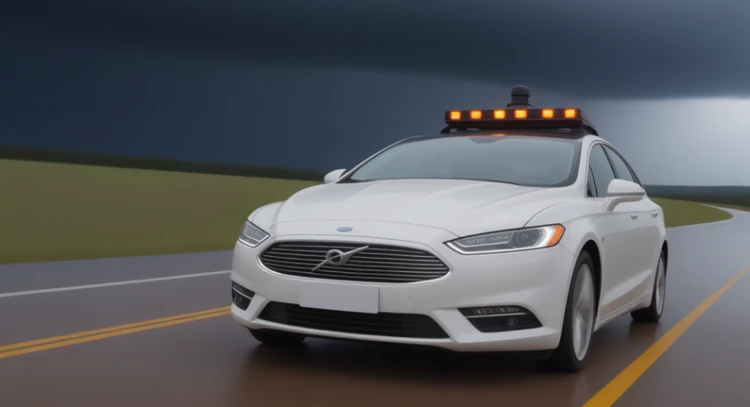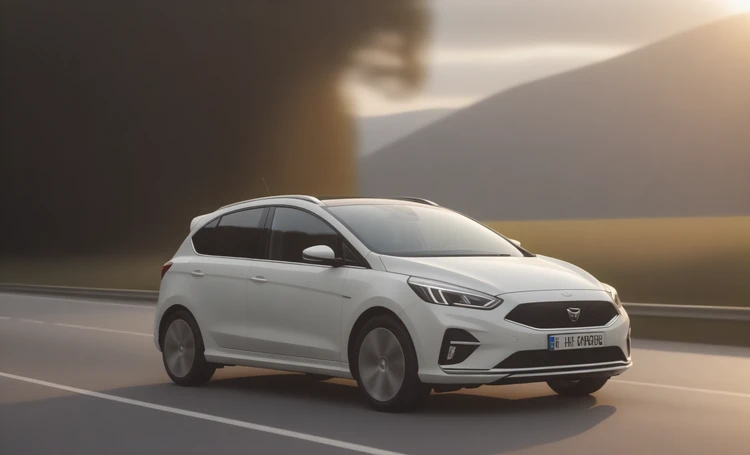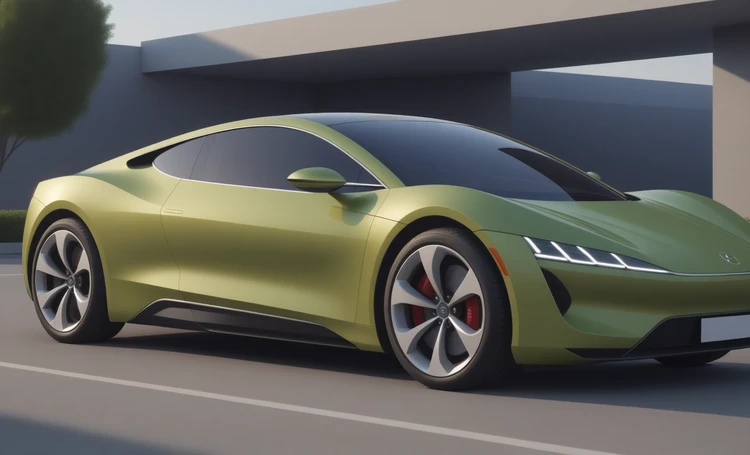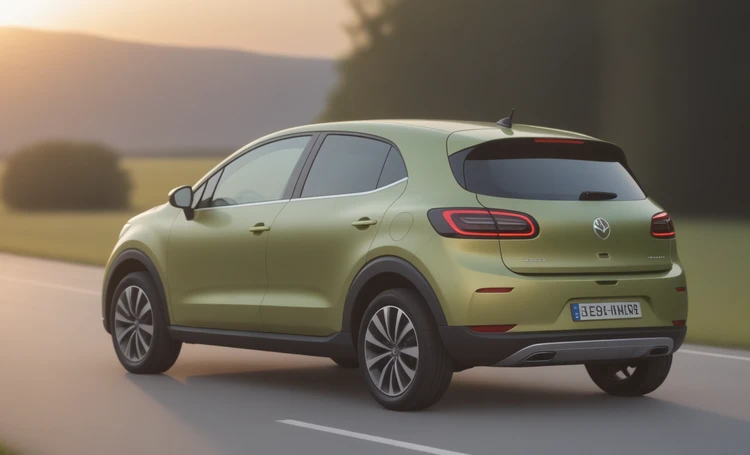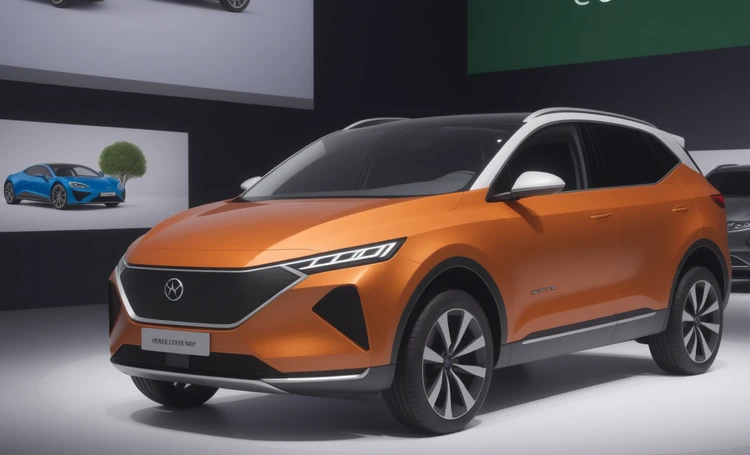🌿 Environmentally friendly cars: impact on reducing fuel costs
In the modern world, environmentally friendly cars are becoming not only a trend, but also a necessity. Taking into account climate change and rising fuel prices , choosing such a car can be a profitable decision. Find an eco-friendly car and save on fuel here.
🌱 Advantages of environmental cars
Green cars offer many benefits, including significant savings on fuel. This is becoming increasingly relevant in the context of rising oil and gas prices.
Saving on fuel
- Less fuel consumption: Green cars, especially hybrids and all-electric models, consume less fuel compared to traditional cars.
- Reduced costs: Owners of such cars spend significantly less money on fuel, which is especially important when prices for gasoline and diesel are high.
Contribution to environmental protection
- Reduced emissions: Green cars reduce emissions of carbon dioxide and other harmful substances, which helps improve air quality.
- Support Sustainability: Choosing a vehicle like this supports global efforts to reduce climate change.
Influence on public opinion
- Raising Awareness: Owning an eco-friendly car stimulates discussion about the importance of environmental initiatives.
- Role model: Owners of such cars often become an example to others, promoting the spread of environmentally friendly technologies.
📈 Fuel economy statistics
| Index | Traditional car | Environmentally friendly car |
|---|---|---|
| Average fuel consumption (per 100 km) | 8 liters | 4 liters |
| Average fuel cost (per liter) | $1.5 | $1.5 |
| Fuel cost (per 100 km) | $12 | $6 |
| Savings per year (at 15,000 km) | – | $900 |
These data show how economical environmentally friendly cars can be. Taking into account an average mileage of 15,000 km per year, the savings could be about $900.
🌍 Impact on the global market
With the increasing demand for environmentally friendly cars, the global automobile market is changing significantly. Automakers in Europe, America and Asia are actively introducing new technologies to meet rising environmental standards and consumer expectations.
Development of innovations
- Technology breakthroughs: Leading automakers are investing in the development of efficient batteries, improved electric motors and more fuel-efficient hybrid systems.
- Collaboration with technology companies: New partnerships are emerging in the market between automakers and technology giants to develop innovative solutions.
Changing market trends
- Increasing market share: The share of environmentally friendly cars in the market is increasing every year, indicating a shift in consumer preferences.
- Regulatory Changes: Many governments are introducing regulations and incentives to accelerate the transition to cleaner vehicles.
🛠 Innovative technologies in environmentally friendly cars
Modern environmentally friendly cars are equipped with a number of innovative technologies that make them not only economical, but also convenient to use.
Energy management systems
- Energy Efficiency: Advanced control systems help optimize energy consumption, increasing mileage per charge or tank of fuel.
- Regenerative braking: This technology allows some energy to be returned back to the battery when braking.
Intelligent security systems
- Adaptive systems: Systems such as automatic braking and blind spot monitoring improve driving safety.
- Connectivity: The ability to exchange data with other vehicles and road infrastructure to prevent accidents and improve traffic flow.
💰 Economic benefit
Switching to green cars not only helps protect the environment, but also promises significant economic benefits for owners.
Reduced fuel costs
- High Fuel Efficiency: Electric cars and hybrids consume less energy per kilometer compared to traditional cars.
- Low cost of electricity: Charging electric vehicles is cheaper than refueling gasoline or diesel cars.
Long term savings
- Less Maintenance Costs : Green cars require less maintenance because they have fewer moving parts.
- Government incentives and subsidies: Many countries provide tax incentives and subsidies for the purchase and operation of environmentally friendly cars.
🌱 Contribution to sustainable development
Green cars make a significant contribution to sustainable development by reducing emissions of carbon dioxide and other pollutants.
Reduced environmental impact
- Reduced CO2 emissions: Electric vehicles and hybrids significantly reduce carbon dioxide emissions, especially when using energy from renewable sources.
- Less air pollution: Reduced emissions improve air quality, especially in urban areas.
Raising environmental awareness
- Development of green technologies: Growing demand for environmentally friendly cars is driving innovation in the field of sustainable technologies.
- Educational Aspect: The popularity of these cars raises public awareness about the importance of environmentally friendly technologies.
📈 Market analysis and the future of environmentally friendly cars
Market trends show that the demand for environmentally friendly cars will only increase, promising big changes in the auto industry.
Current trends and forecasts
- Sales Growth: Sales of electric vehicles and hybrids are steadily increasing, reflecting growing consumer interest.
- Investing in Innovation: Automotive companies are investing heavily in developing and improving environmentally friendly technologies.
Impact on the automotive industry
- Changing production processes: Car manufacturers are adapting their production lines to produce eco-friendly models.
- New Job Creation: The growth of the clean auto sector is helping to create new jobs related to the production and maintenance of these vehicles.
Opportunities and challenges
- Development of charging infrastructure: To support the growing number of electric vehicles, an expansion of the network of charging stations is required.
- Balance between production and ecology: It is important to find production methods that minimize environmental damage.
